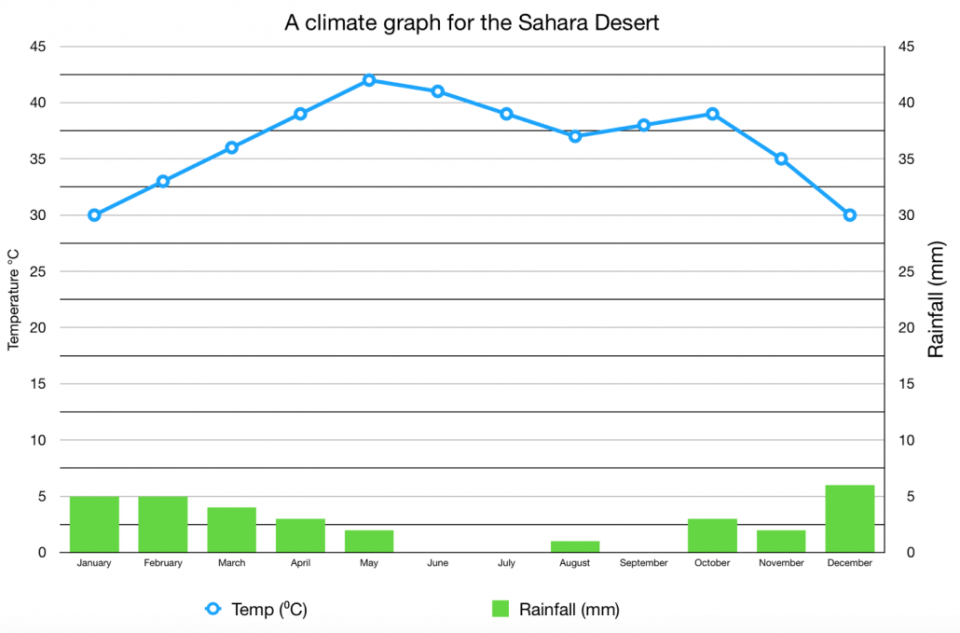Empowering Sub-Saharan Africa: Monitoring NDC Progress
Introduction
Sub-Saharan African countries are facing the immediate and critical challenge of mitigating the impacts of climate change. As signatories to the Paris Agreement, these nations have committed to implementing Nationally Determined Contributions (NDCs) as part of their broader strategy to combat climate change. However, to ensure the effectiveness of these efforts, it is crucial to build the capacity of these countries in measuring and tracking the progress of their NDCs. This article explores the significance of capacity building and the role of tracking tools and indexes in enhancing the implementation of NDCs in Sub-Saharan Africa.

The Importance of NDCs:
NDCs serve as the cornerstone of a country’s climate action plan. They outline the specific climate actions a nation intends to take, contributing to the global efforts to limit global temperature rise. Sub-Saharan African countries, with their vulnerability to climate change, have set ambitious targets in their NDCs, ranging from renewable energy deployment to sustainable agriculture practices.
Challenges in Implementation:
While the commitment to NDCs is evident, many Sub-Saharan African countries face challenges in effectively implementing and monitoring their progress. Limited financial resources, inadequate technology, and a lack of skilled personnel pose barriers to the successful execution of NDCs. Building the capacity of these nations becomes imperative to overcome these challenges and make significant strides in climate action.
Capacity Building Initiatives:
Several initiatives are underway to strengthen the capacity of Sub-Saharan African countries in NDC implementation. International organizations, non-profits, and bilateral partnerships are collaborating to provide financial assistance, technology transfer, and training programs. These initiatives aim to empower local governments, institutions, and individuals with the skills and resources necessary to execute and monitor their NDCs effectively.
Role of Tracking Tools and Indexes:

One key aspect of capacity building is the integration of sophisticated tracking tools and indexes. These tools facilitate the measurement and assessment of progress, offering a comprehensive view of a country’s climate actions. From greenhouse gas emission tracking to the impact of renewable energy projects, these tools enable real-time data analysis and informed decision-making.
Examples of Successful Implementation:
Countries like Kenya and Rwanda serve as exemplars in building capacity for NDC implementation. Through strategic partnerships and targeted capacity-building programs, these nations have successfully integrated tracking tools. These tools enable them to monitor deforestation rates, assess the effectiveness of renewable energy projects, and track emissions reductions. Such success stories underscore the positive impact of capacity building in achieving NDC goals.
Challenges Ahead:
Despite progress, challenges persist. The need for sustained funding, ongoing training programs, and the development of context-specific tools pose ongoing challenges. International collaboration and a commitment to long-term partnerships are essential to address these hurdles and ensure the continuous growth of capacity in Sub-Saharan African nations.
Conclusion:
Building the capacity of Sub-Saharan African countries to effectively measure progress in their NDCs is a crucial step toward achieving global climate goals. Through targeted capacity-building initiatives, partnerships, and the integration of tracking tools and indexes, these nations can overcome challenges and make meaningful contributions to the fight against climate change. As the world strives for a sustainable future, empowering Sub-Saharan Africa is not only a moral imperative but also a strategic necessity.
Written by: Susan Mburu


